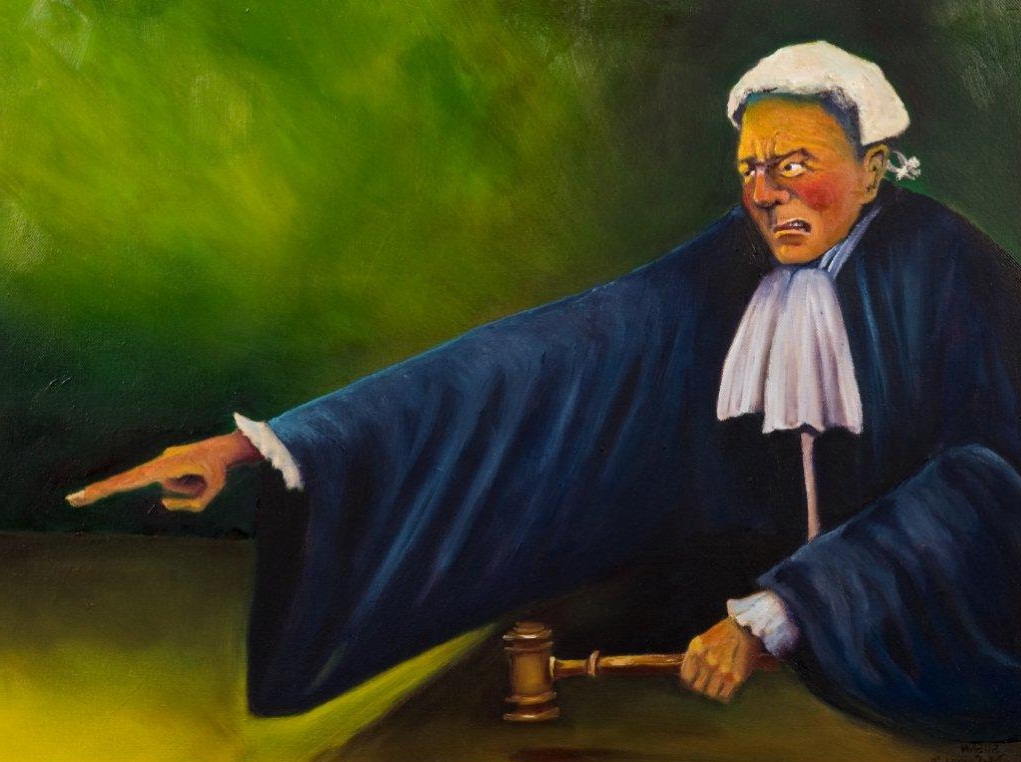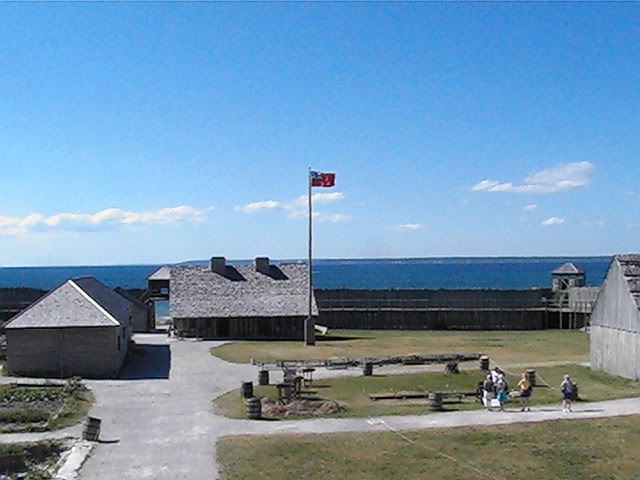
Equal protection under the law is a legal and social concept which has often not been viewed as applicable to American Indians. During much of the nineteenth century Indians were not citizens and often state and territorial laws prohibited from testifying in courts of law. A number of instances during the 1870s illustrate how justice was denied to American Indians.
Murdering Indians:
In 1875, an American began putting a fence around Eagle Robe’s garden in Idaho, claiming it as his own. When the Nez Perce objected, he was shot dead. The American was never brought to justice. The dying man told his people:
“Do not go to war. You will lose your country by it, and above all the loss of life will be greater.”
In 1875, four men were accused of murdering a Haida man in Washington. They filed a writ of habeas corpus which stated that
“the petitioners are white men, and no evidence was given … implicating these petitioners as the guilty persons, except by witnesses who are North American Indians.”
It was commonly felt that Indians should not be allowed to be witnesses in any case involving a non-Indian. In the hearing, the defendants’ lawyer argued that Indian testimony was not valid in cases with non-Indian defendants unless it involved the liquor laws. The judge denied the petition. The grand jury, however, did not return an indictment and the four men went free.
In 1876, some American settlers murdered a Nez Perce man, Blowing Wind, in Oregon. He was known as a quiet, peaceful man and his killers had a reputation as trouble-makers. The Nez Perce viewed this murder with a call for justice, not war. However, after several months, the American government failed to arrest the murderers and bring them to trial. Finally, the Nez Perce under the leadership of Chief Joseph issued an ultimatum: if the men were not arrested the Nez Perce warriors would burn down all American homes in the Wallowa Valley. In response to the Nez Perce threat, many Americans left the area and the army sent in a small force of soldiers to meet with Chief Joseph. The murderers were arrested, tried, and set free. Since there were no Indian witnesses who were willing to swear an oath to the Christian God, the men were able to plead self-defense.
In Oregon’s Wallowa valley, an American killed Wilhautyah, a member of Joseph’s Nez Perce band. Joseph spoke with the Indian agent and agreed to let the civil authorities deal with the matter. The agent informed the army that the killing was willful and deliberate murder. After considerable delay, the two Americans turned themselves in and were set free after the judge ruled that the shooting was in self-defense.
Fraud:
In 1875, charges of corruption were made against the Office of Indian Affairs (Bureau of Indian Affairs) regarding the administration of the Sioux Reservation in South Dakota. According to the charges, the Indians had been given inferior beef and flour; the pork issued to them was not fit for human consumption; and the freight contractor was paid for 212 miles while the actual distance is only 145 miles. The complaint was investigated by the government and the allegations were found to be groundless. The commissioners who investigated the charges either played down or failed to see the implications of much of the testimony they heard.
In 1876, a prominent Montana businessman was charged with attempting to defraud the government and the Crow. His alleged scheme involved double sacking flour so that each flour sack would be counted twice, providing the Crow with shoddy goods, and branding Indian cattle as his own. The grand jury refused to bring an indictment.
Theft and Trespass:
In 1874, a Nebraska district court ruled that local courts had no jurisdiction over crimes committed on reservations. While non-Indians had rarely been brought to justice for committing crimes on reservations, this decision gave them a virtual license to steal.
In 1877, the Oklahoma Cherokee attempted to collect a levy on cattle which were grazed on their lands by non-Indians. The case was tried in an American court in Fort Smith, Arkansas where the judge told the jury:
“The fact of a man being in the Indian country without a permit is no excuse for seizing his property. Neither the Indian Sheriff nor any other officers of the Indian country can seize or remove him or his property. If a citizen of the United States is in the Indian country without permission, as intruder, the authorities can report the fact to President Grant, who is backed by all the military power of the United States, and he can send soldiers to put him out.”
The jury found against the Cherokee Nation.
Trials Not Needed:
In 1875, the United States Army simply sent 72 Cheyenne, Commanche, Arapaho, and Caddo prisoners to a military prison in Florida. Originally, the army had intended to try the prisoners before a military commission, but the attorney general ruled that a military trial would be illegal as a state of war could not exist between a nation and its wards. Thus, the Indians were imprisoned without a trial. Many of the young men selected to be imprisoned had simply been selected at random from a lineup of Indians. There were no concerns as to whether or not they had actually committed any crime: they were Indians and therefore deserved to be in prison.
Indians Are People:
In 1879, a U.S. District Court ruled in the case of Standing Bear versus Crook that an Indian is a person under United States law and therefore has a right to sue for a writ of habeas corpus in federal court. The U.S. Attorney had argued that Indians were not persons under the law and therefore were not entitled to a writ of habeas corpus. The Court found that if Indians must obey the laws of the land, then they must be afforded the protection of these laws. The Commissioner of Indian Affairs responded to the judge’s ruling by noting that it
“is regarded by the Government as a heavy blow to the present Indian system, that, if sustained, will prove extremely dangerous alike to whites and Indians.”
The ruling was generally ignored in both state and federal courts.




Leave a Reply